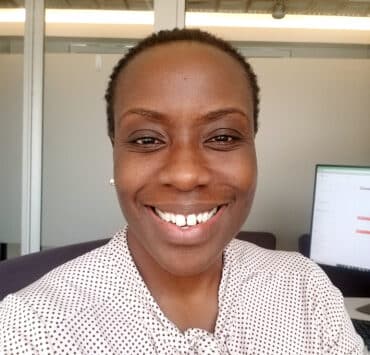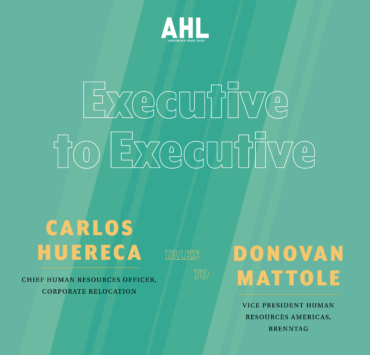Eric L. Weborg learned about physical disabilities and the treatments and struggles associated with them while caring for his disabled brother during their childhood. Throughout the experience, he witnessed “the healthcare component attached to disabilities.” The result was the development of a dual passion for healthcare and the law, which he has combined into one career.
After earning a law degree from the University of Tulsa, Weborg took a job with a preeminent medical malpractice law firm in Dallas in 2014. Although he says that he “loved every minute of it,” he longed to litigate cases.
“I wanted to be in the courtroom 24/7,” he remembers. Weborg went on to be a staff counsel at AIG until 2018, when he became a trial attorney with Winchester and Associates. In 2021, he joined Creative Solutions in Healthcare as the company’s lead corporate counsel. The organization serves 7,500 individuals in 108 assisted living, long-term care, and rehabilitation facilities across Texas.
In his current role, Weborg wears several hats, often simultaneously. He manages all litigation ranging from medical malpractice to employment litigation to discrimination. As lead counsel, he either litigates the suit himself or manages outside counsel. He also makes risk management recommendations based on changes in government regulations and the law.
“I was told as a young attorney there are two people you don’t lie to. You don’t lie to your doctor, and you don’t lie to your attorney.”
Eric L. Weborg
Traditionally when a company is sued, its insurance carrier provides defense and indemnity. Not so with Creative Solutions. The nature of its insurance agreement allows Weborg himself to litigate cases, giving him a front row seat to pending healthcare lawsuits in Texas. The lead counsel uses the information he gathers from this seat to evaluate and manage risks incurred by Creative Solutions by identifying hotspots in claims, locations, and allegations.
“[I can] communicate with the leaders in the company and advise them of what I’m seeing and allow the clinical side of the company to create policies and procedures and to take action to help mitigate those things in the future,” he says.
Weborg spends a considerable amount of time on the road visiting facilities and educating employees on best practices for patient and resident care. “There is a value to going out and interacting with employees at facilities . . . I’m their attorney as it relates to any allegations that have been made against them within the context of their employment,” he explains.
Being an attorney is about building trusting relationships. “I was told as a young attorney there are two people you don’t lie to. You don’t lie to your doctor, and you don’t lie to your attorney,” Weborg says. As he explains, legal questions arise daily at facilities, and if the healthcare providers at Creative Solutions can’t put a face to a name, they are reluctant to reach out for the answers and rust him as counsel.
Additionally, trust extends beyond lawyer and client. The healthcare industry is providing a service to individuals and that care is funded partially by states and the federal government. Any type of receipt of public funds carries an understanding that it will be spent on care for residents, and that the residents will receive the best care possible. “Because that’s what they deserve,” Weborg adds.
“If you just take the safe route, if you just stay status quo, there’s no ability for you to see what you’re capable of doing.”
Eric L. Weborg
The pandemic and the resulting spread of medical disinformation shone a light on trust in healthcare. Weborg believes that in order to provide patients with the care they need, patients need to believe in and trust the industry as a whole and their healthcare providers individually.
As one of two lawyers at Creative Solutions, Weborg has a support staff of five, and employs outside counsel on approximately 15 percent of the company’s cases. Over the years, his leadership style has evolved from micromanagement to laissez faire. As a young leader, he proofed every document that left his office because they bore his name. “In doing so, it limited my capabilities as a leader,” the attorney reflects. “People make mistakes and 99 percent of the time; those mistakes are not fatal.”
When given ownership and encouraged to take risks, employees often exceed expectations, grow professionally, and invest in the team. These all make for a happier work environment and produces the best product. As a result, Weborg encourages young lawyers to take risks.
“If you just take the safe route, if you just stay status quo, there’s no ability for you to see what you’re capable of doing,” he says. “There’s no ability to let other individuals know what you’re capable of doing and you run the risk of being penned into a status without opportunity for growth.”


